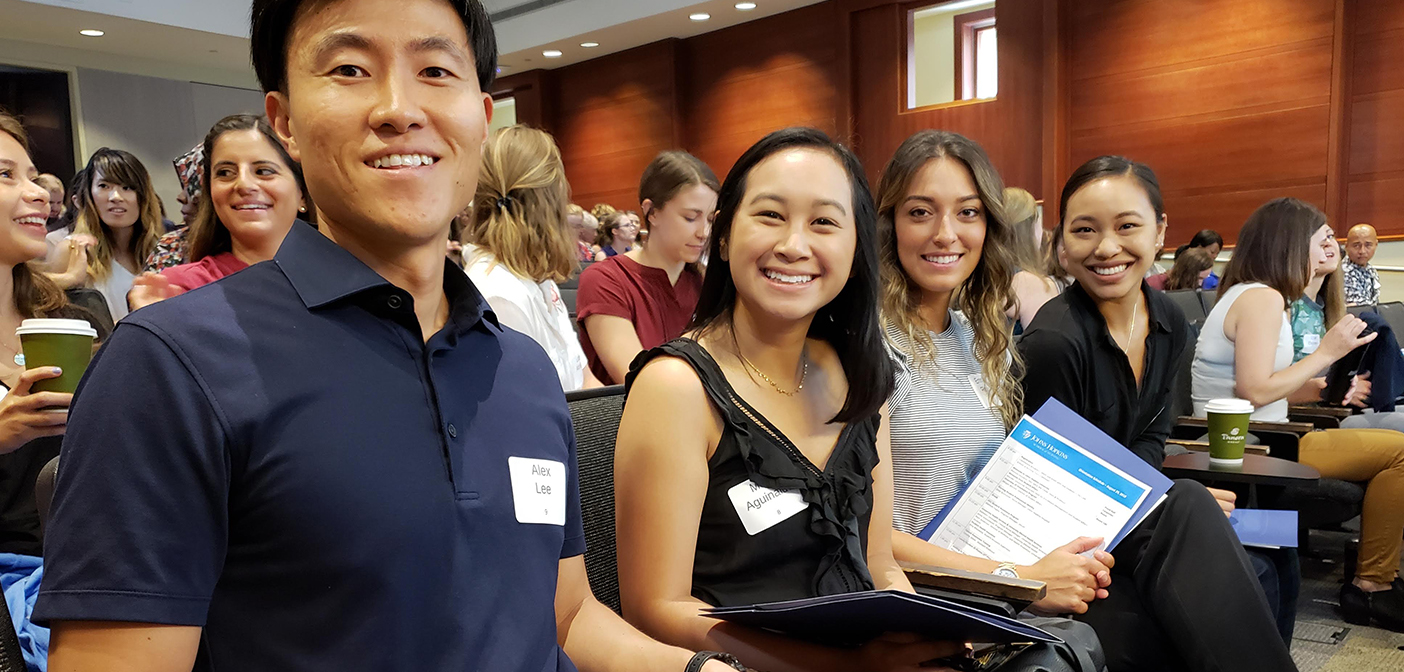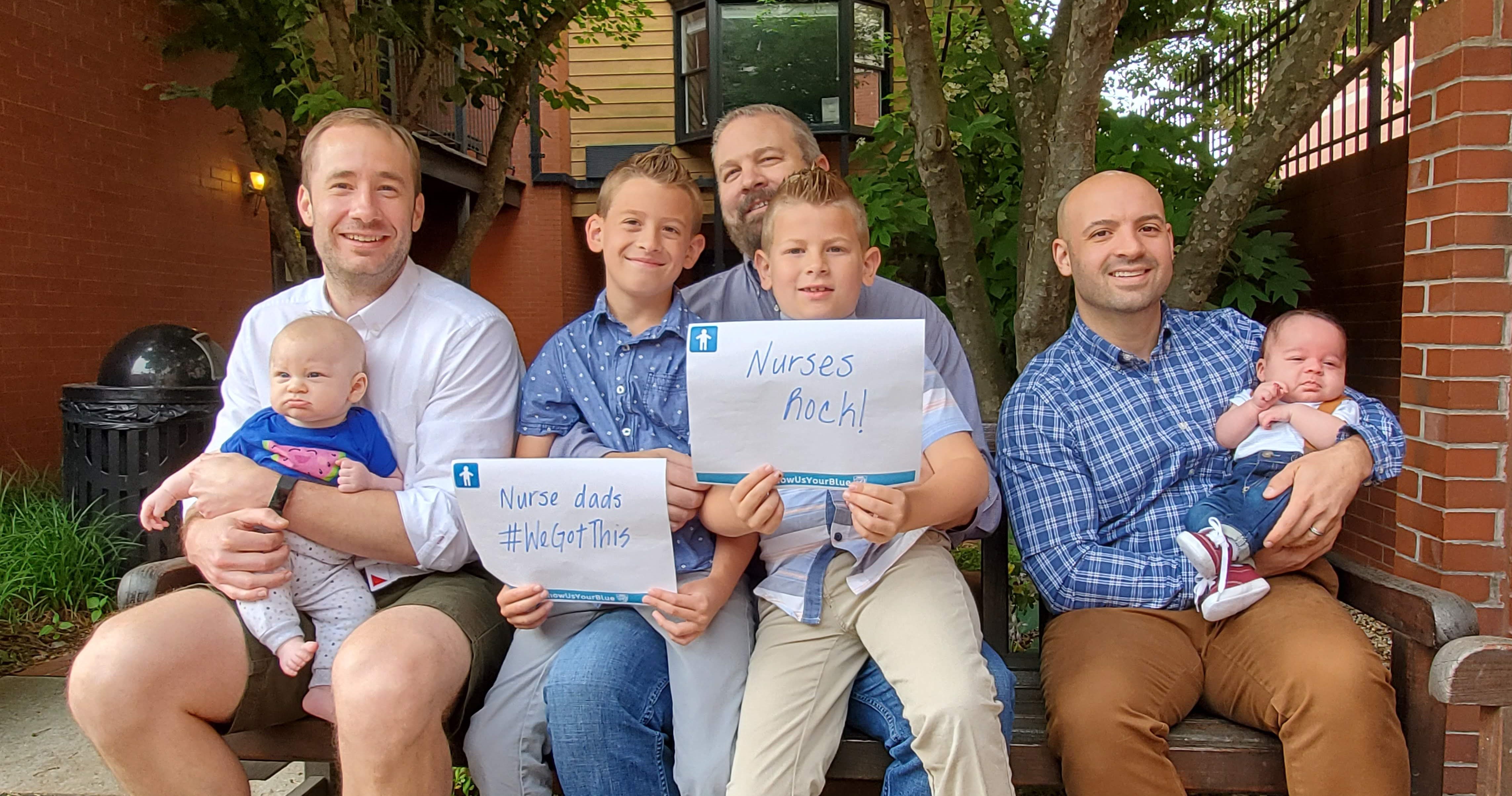Written by Tim Sablik
Last fall, five doctoral students left their homes in Beijing, China for a semester of study at the Johns Hopkins University School of Nursing. They are the second of three groups from Peking Union Medical College (PUMC) to pass through this joint doctoral program. The third and final cohort of students will arrive in Baltimore to study at Hopkins in August.
Associate Professor Marie T. Nolan, MPH, PhD, RN, director of the joint doctoral program at Hopkins, already considers the collaboration between the two schools a huge success. “We have gained tremendously,” she said, speaking for the faculty and students at Johns Hopkins. “These are the future nurse leaders of China. It has been an honor to get to know them and to take part in their development as doctoral students.”
Upon the completion of the project, the first cohort of five students who are from the faculty of PUMC SON are on track to teach in the PhD Program there. The 10 students from the next two cohorts are from universities all over China. Upon graduation, they will return to these universities. “In China, teaching is more in the form of lecturing and testing the students,” the PUMC students told Nolan this autumn. “The students at Johns Hopkins are much more interactive.” The PUMC students intend to use some of these different teaching methods in their own classrooms after they graduate from the program and complete the required international publishing and mentoring requirements to become doctoral faculty.
The collaboration between the nursing communities at Johns Hopkins and PUMC is not new. In 1919, Anna D. Wolf, an instructor and assistant superintendent at the Johns Hopkins Hospital School of Nursing, became the first dean of the PUMC nursing school following the Rockefeller Foundation’s establishment of the China Medical Board.
When PUMC wanted to expand their nursing program with a doctoral degree, they immediately turned to their strong ties with Johns Hopkins and the China Medical Board, which today funds the doctoral program partnership between the two schools. With such a long and rich history of collaboration, Nolan says, “I have no doubt that Hopkins will continue to maintain a close and productive relationship with PUMC for years to come.”
 News Roundup Fall 2018
News Roundup Fall 2018 SON Holiday Decorating Contest Winners
SON Holiday Decorating Contest Winners The Nurse Dads Are Here
The Nurse Dads Are Here School of Nursing Announces New Arrivals
School of Nursing Announces New Arrivals Church Notes
Church Notes







